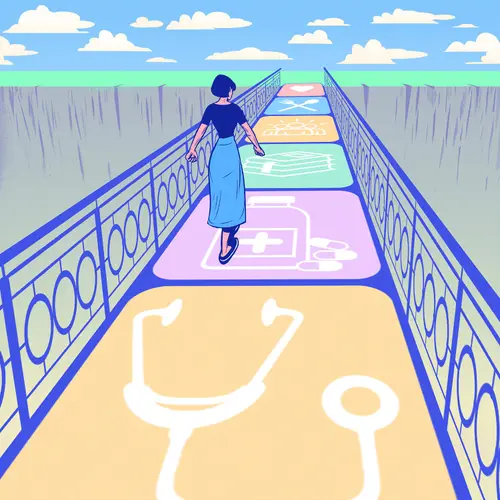June 25, 2024 – Loneliness isn't just a state of mind – it could be a matter of life and death.
At least that's according to groundbreaking research from Harvard. Their latest study dives deep into how feelings of isolation, often brushed off as a natural part of aging, could dramatically up the odds of having a devastating stroke among middle-age and older adults.
“Loneliness is increasingly considered a major public health issue. Our findings further highlight why that is,” lead author Yenee Soh, ScD, of the Harvard T.H. Chan School of Public Health, said in a statement. “Especially when experienced chronically, our study suggests loneliness may play an important role in stroke incidence, which is already one of the leading causes of long-term disability and mortality worldwide.”
The researchers took a novel approach of examining the impact of chronic loneliness. Previous studies have linked loneliness during a single point in time to heart and brain health.
More than one-third of adults age 45 or older report feeling lonely, according to a 2020 report by the National Academies of Sciences, Engineering, and Medicine. Loneliness is defined as the feeling of being alone, regardless of social contact.
For this latest study, researchers examined results of a loneliness rating scale for more than 12,000 people ages 50 and older between 2006 and 2018. They had no history of stroke at the start of the study and were asked:
- How often do you feel that you lack companionship?
- How often do you feel left out?
- How often do you feel isolated from others?
People who chronically reported feeling lonely had a 56% higher risk of stroke, compared to people who said they didn’t feel lonely. There was no significantly higher risk of stroke for people who reported situational rather than long-term loneliness. The findings were published Monday in the journal eClinical Medicine.
Stroke is the fifth-leading cause of death in the U.S. and most commonly happens when blood flow to the brain is blocked, resulting in brain injury or death due to lack of oxygen and nutrients.
